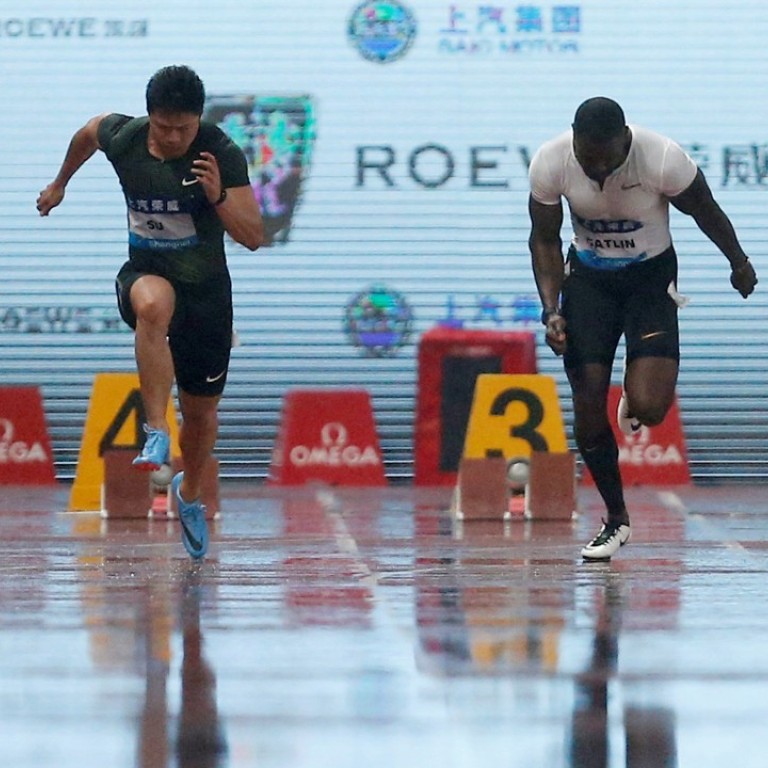
Su Bingtian 9.91 sprinting success smacks more of US influence than doping – but can China do it on their own?
A purple patch sees the national record fall twice in a week but while many fans are quick to mention drug use, American influence seems a more likely answer
Sprinting in China has been in perhaps its biggest ever purple patch over the last fortnight, with the national record for the men’s 100m-sprint falling twice within the space of a week.
As people stand up and take notice after Su Bingtian lowered the country’s best to 9.91 seconds, the inevitable questions have been raised that come with just about any individual sporting success these days.
What drugs are they on and why haven’t they been caught?
Unfortunately, a history of doping in sport – a history China has played a big role in – has left many too jaded to believe. With something like the men’s 100m, that scepticism goes up another gear or two.
If something’s too good to be true, then it is, and then some when it comes to athletics.
But there just might be another completely logical answer to the sudden spike in times in China – American influence.
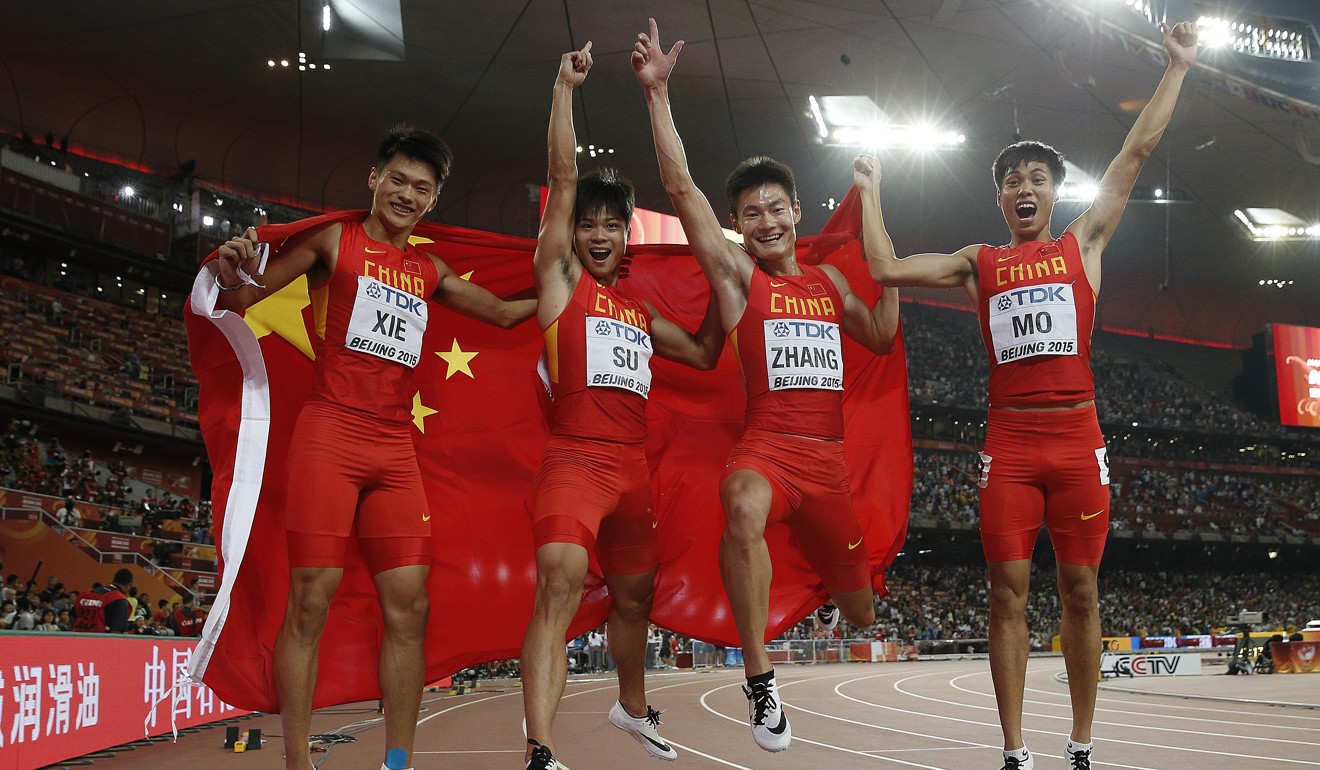
While Donald Trump and Xi Jinping might not be on the best of terms as their trade war continues, things are operating a little better in other spheres.
The recent sprinting successes have had more than a slice of US influence, with Randy Huntington – who was already coaching China’s horizontal jumps team – and countryman Rana Reider arriving on the scene and having an immediate impact.
Reider has coached Xie Zhenye, who was first to lower the mark with a 9.97 in Paris, since April and Huntington took over as Su’s coach in November.
“With the two of us, we have seen those changes, but we are not seeing the tactical changes in the rest of the Chinese sprinters yet,” Huntington said of the marked progress of Su and Xie.
Huntington is adamant there is no drug use at national level and the passion with which the 64-year-old veteran coach speaks about the issue suggests there is no reason to doubt him.
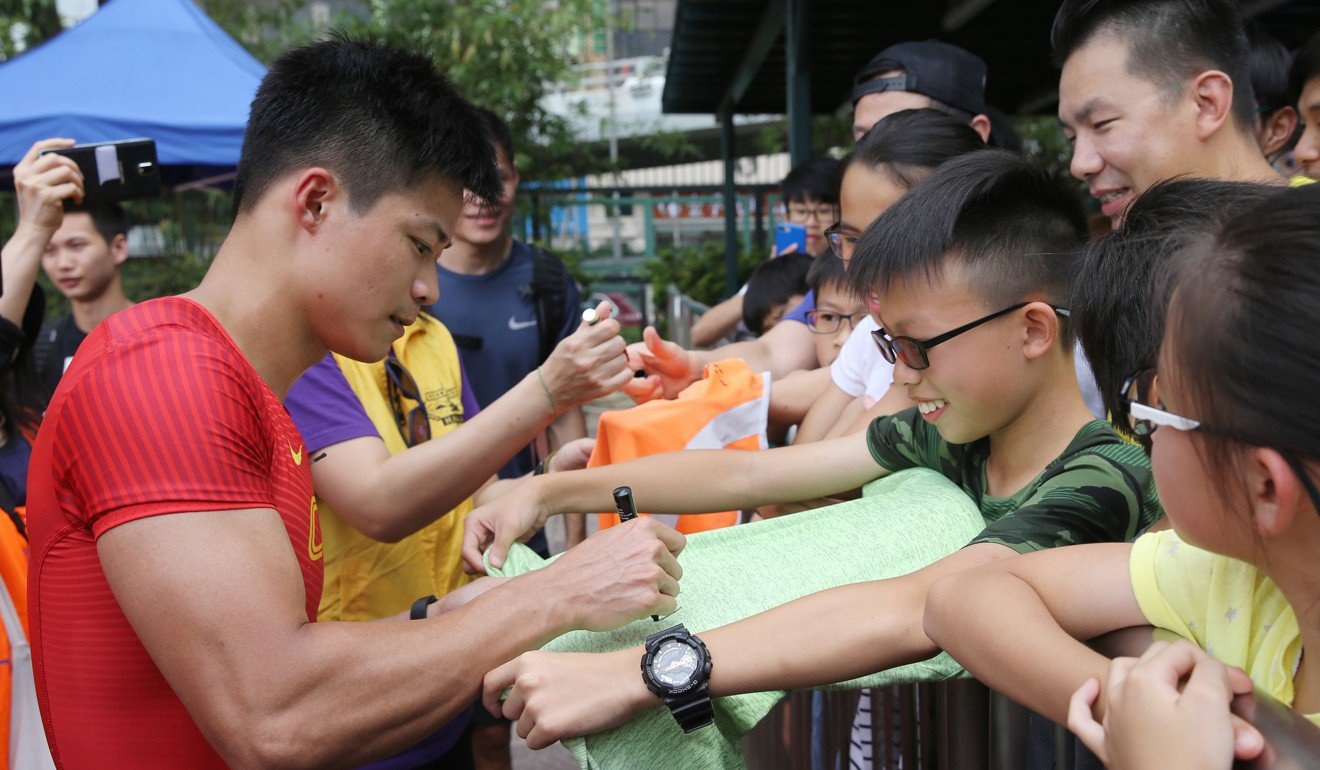
Which begs another question, what does China think about having American coaches achieving the country’s best results? And why doesn’t China have the expertise to train its own sprinters?
Of course, the 100m is not an event that has seen Asian countries have a lot of success, but
China are a proud nation and one with a history of an aversion to outside influence.
That is a little less true on the sporting front, with China importing top-level soccer coaches to teach its own coaches in a bid to accelerate Xi’s dream of having a competitive national team, and tapping into outside knowledge in a number of other sports.
While the sprinting success will be welcomed with open arms, there must be a least a slight burn that China is unable to achieve these results on its own, and that results have improved so quickly under the tutelage of the two Americans.
According to Huntington, plans are in place to ensure that one day local coaches can operate at the same level.
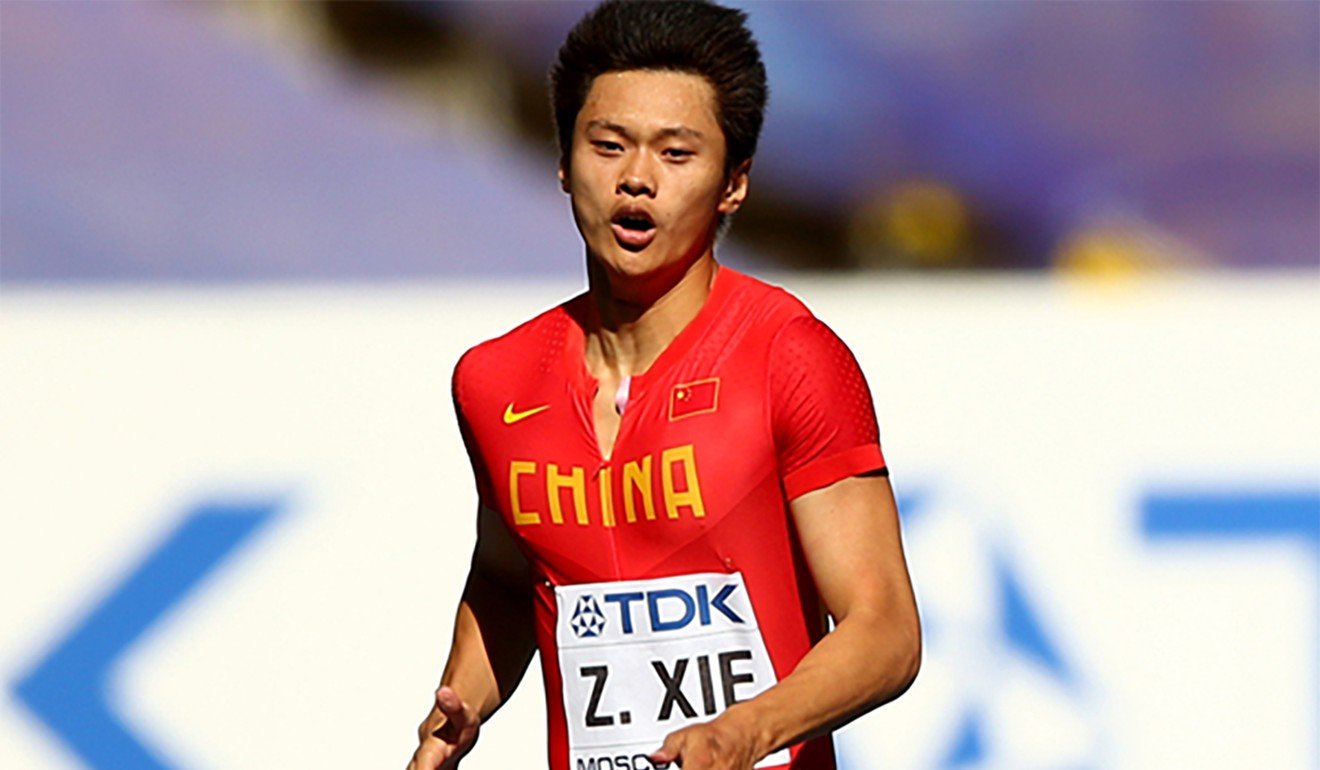
“The goal is to set up some coaches now that will impact [the Olympics in] 2024 and 2028,” he said. “I think by 2024 there should be some competent guys here. Just like with an athlete, it’s a three- to five-year process to get a coach who is already relatively experienced to achieve this.
“What we really need to do is get the Chinese coaches to completely understand what we’re doing and how we’re doing it and let them have the success.”
Just what level Chinese sprinting can get to must also come into question – are the American coaches building a beast that will one day be feared around the globe?
Huntington is bullish but history suggests it is unlikely China will ever be fighting it out regularly for Olympic gold.
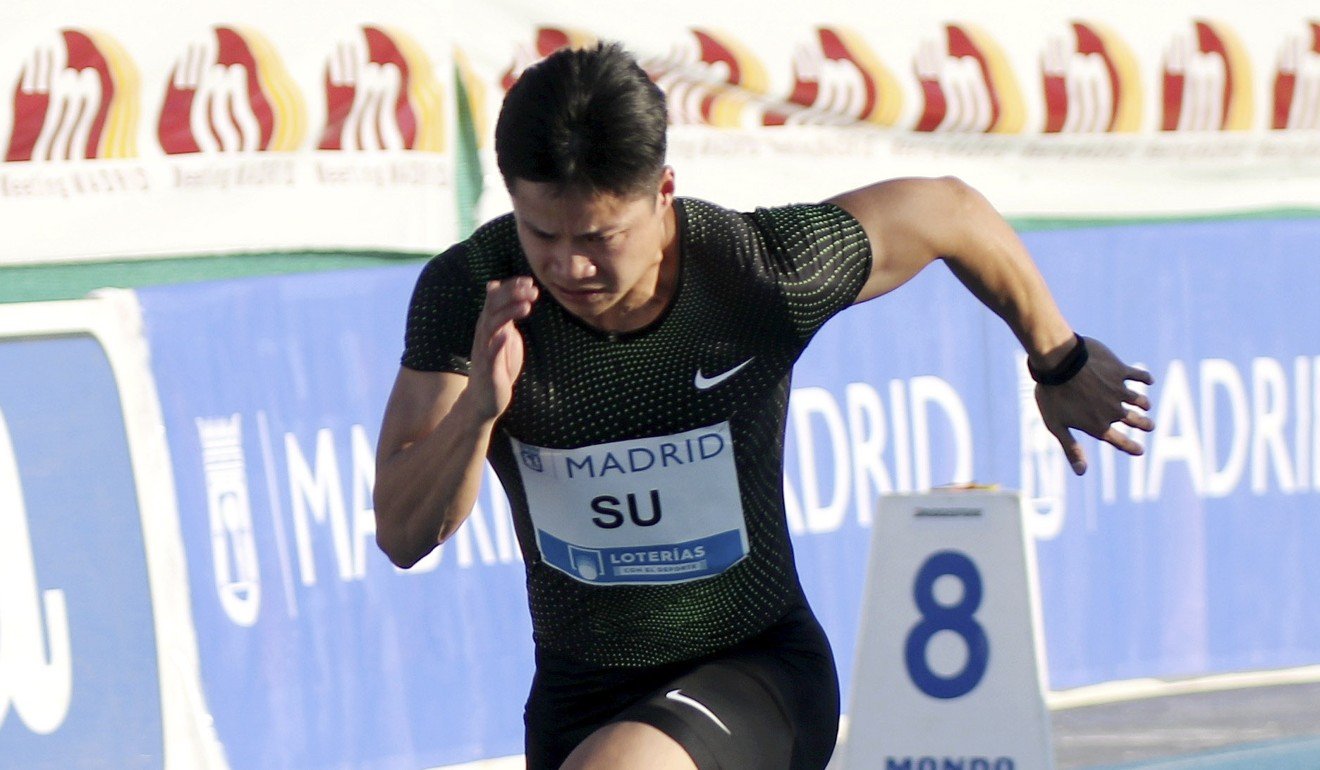
That being said, if 28-year-old Su gets his time down to somewhere near 9.8 like Huntington thinks he can and can maintain that until the 2020 Olympics in Tokyo, he’ll be right in the hunt.
A time of 9.8 seconds would put him in the top-10 of all time and, as Huntington says, “Olympic gold with Bolt gone is a different deal”.
Whether Su or any other Chinese sprinter can one day challenge for Olympic gold is a matter of opinion.
But, if one thing is for sure, it is that the results Huntington and Reider have achieved in such a short space of time suggest it’ll be quite some time before China can match the best without some help from their friends the US.

